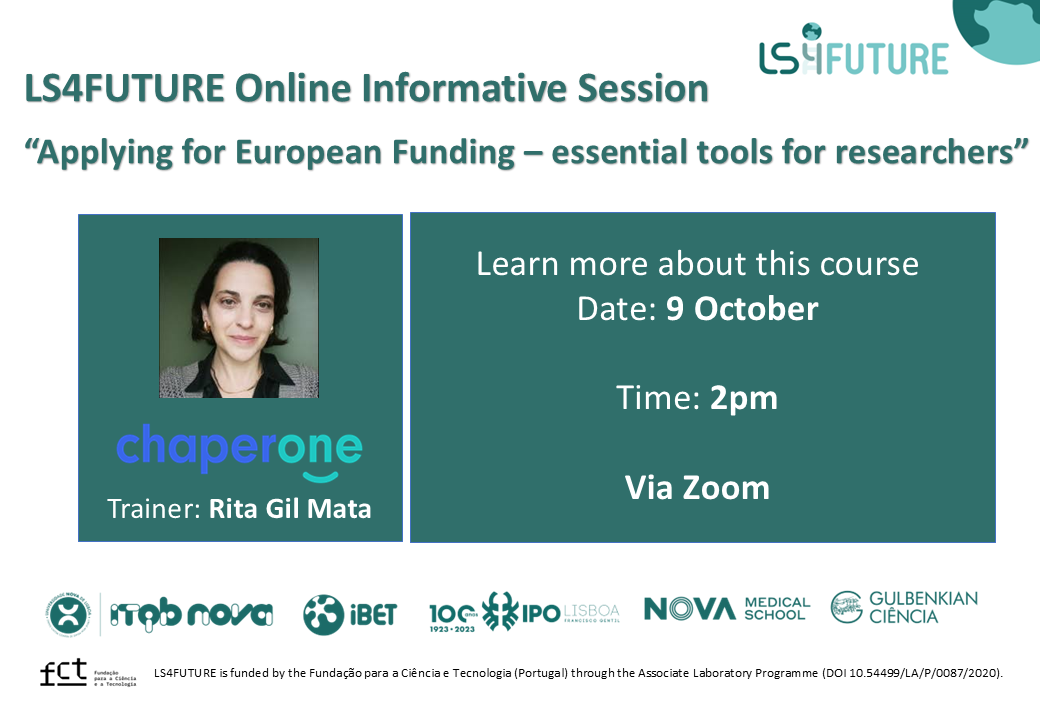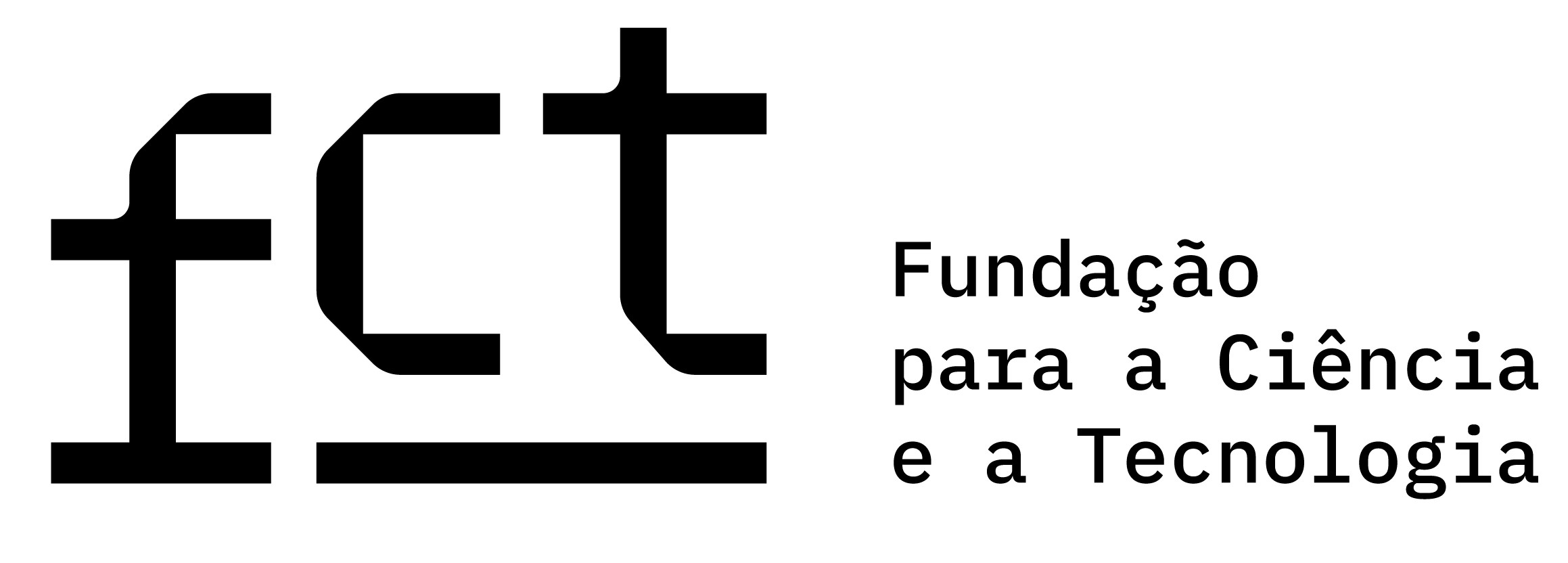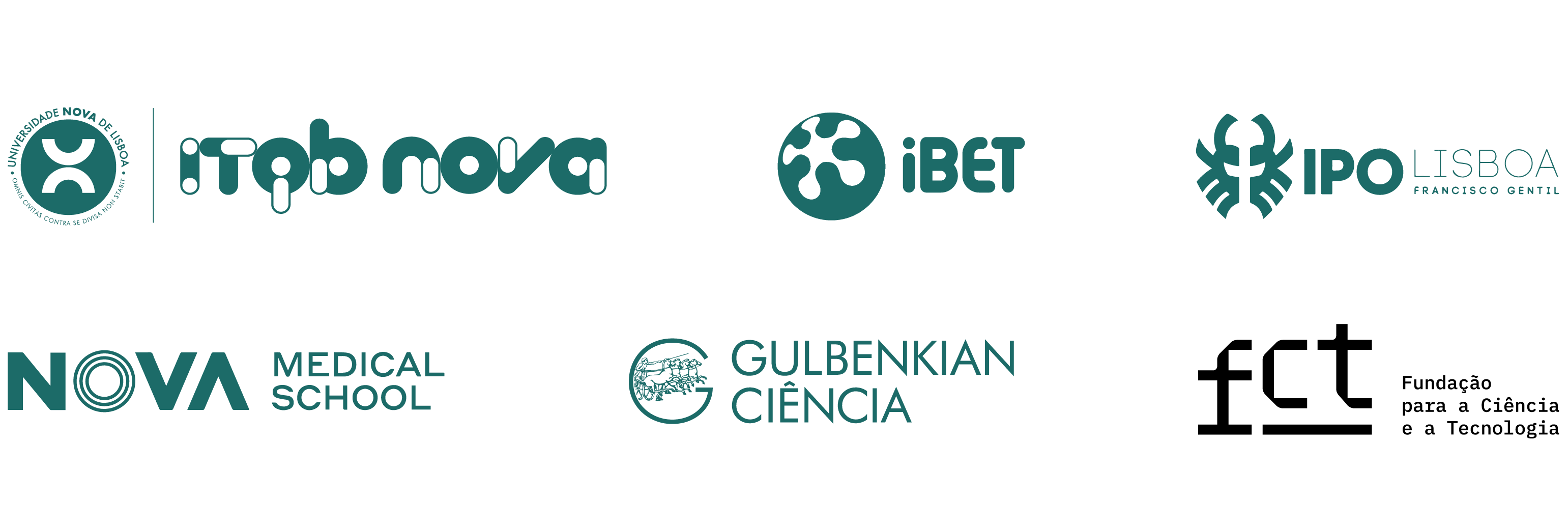LS4FUTURE “Applying for European Funding – Essential Tools for Researchers” Course
LS4FUTURE is pleased to announce the new upcoming Online Course, “Applying for European Funding – Essential Tools for Researchers”, hosted by Chaperone Trainer Rita Gil Mata.
Within the LS4FUTURE goals to further promote the internationalisation of our community, this capacity-building course aims to provide critical tools helping researchers to succeed in competitive Funding Calls. Topics such as strategic thinking and design for searching and applying to relevant European funding, key elements for success, European Research funding opportunities: what, when and for whom?, and strategies to enhance the quality and clarity of the proposal key sections such as Excellence, Impact, and Implementation.
We invite our members to sign up for this course through this link until October 28th (limited to 20 participants per module).
The course will be divided into 2 modules, 4 sessions, 3h each:
- Module 1: Foundations of European Research Funding Applications
This module provides a comprehensive introduction to the European research funding ecosystem, with a focus on Horizon Europe. Participants will develop essential skills in searching for funding, interpreting call documents, and assessing the alignment between research objectives and funding opportunities. This module aims to equip early-career researchers with the knowledge and tools needed to confidently approach the initial stages of the funding application process.
Target Audience:
This training is designed for PhD students, early-career researchers, and postdoctoral researchers who are new to the process of applying for European research funding. Participants should have a strong interest in understanding the European funding landscape and developing skills to identify and analyse suitable funding opportunities. No prior experience with funding applications is required.
Date: 6, 8, 13 e 15 November, from 9:30-12:30
- Session #1: Introduction to European Research Funding
- Session #2: Analyzing Funding Opportunities
- Session #3: Planning Your Proposal
- Session #4: Understanding Proposal Structure and Components
- Module 2: Advanced Grant Writing for European Research Funding
This module offers an intensive, section-by-section approach to crafting competitive proposals for European research funding, with a particular focus on Horizon Europe. Participants will engage in advanced techniques for developing each key component of a proposal: Excellence, Impact, and Implementation. The course emphasises strategies to enhance the quality and clarity of each section.
Target Audience:
This advanced module is tailored for experienced researchers and group leaders who have previously engaged in the grant application process. Ideally, participants will have submitted at least one major grant proposal and are now seeking to enhance their grant writing skills to increase their competitiveness in securing European research funding.
Date: 20, 22, 27 e 29 November, from 9:30-12:30
- Session #1: Focusing on the Excellence Section
- Session #2: Addressing the Impact Section
- Session #3: Preparing the Implementation Section
- Session #4: Proposal Refinement and Visual Communication Techniques
We invite our members to sign up for this course through this link until October 28th. Please note that places are limited to 20 participants per module, and registrations will be welcomed on a first-come, first-served basis.
Online Informative Session: If you would like to learn more about this course and meet the trainer, join our Online Informative Session
Date: October 9th
Time: 2 pm
Online via Zoom link
Meet the trainer:
Rita Gil Mata is a certified and experienced trainer in topics such as Funding Strategy, Proposal Writing, Research Management, Open Science, Responsible Research and Innovation, Research Ethics and Integrity. Starting in 2004, Rita has 20 years of experience working as a Funding Advisor & Research Manager, and has supported more than 800 applications and has secured more than €25M. She has worked with public and private research organizations such as Universities, Research Centers, Non-Profit Associations, Start-ups and SMEs both at national and international levels. She helped set up two Research Support Departments. She was a Project Leader (as Principal Investigator), and is frequently invited to work as an External Evaluator for international/European funding agencies. She was a Board Member of EARMA – European Association for Research Managers and Administrators – and is currently in the Coordination Group of the Portuguese Network for Research Managers (PIC). With a high level of experience on both applying and managing research-funded projects, Rita has been investing all her experience in Capacity
Building sessions, empowering researchers in acquiring project management/proposal writing/specific grants preparation skills, currently having more than 500 hours of training given in these areas.
We look forward to welcoming you to this LS4FUTURE Course.






